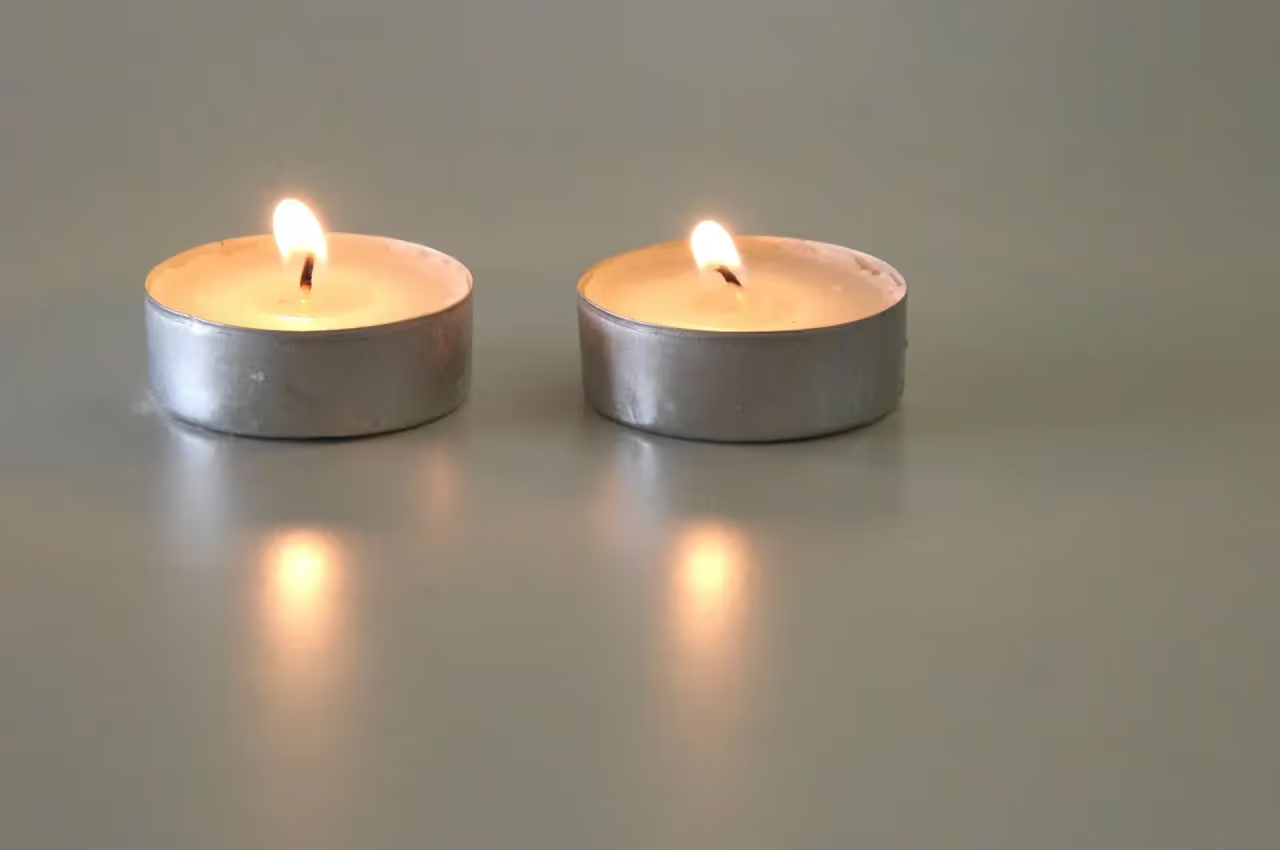The world we live in is stressful. We see people saying they have anxiety or hear about them having a panic attack. There are as many different anxiety...

The world we live in is stressful.
We see people saying they have anxiety or hear about them having a panic attack.
There are as many different anxiety attack home remedies as there are causes of the anxiety itself.
While seeing a therapist is the best way to deal with your anxiety, you may have a brief wait until your first appointment.
How can you manage your panic attacks in the meantime?
While a hot bath is calming in and of itself, adding Epsom salts to the water makes it even more so.
It can also give your mood a boost since they contain magnesium sulfate which is known to have anxiety-fighting benefits.
Since the research is so new, more of it still needs to be done.
Taking a brief, 10-minute, walk is a mood booster - a great anxiety attack home remedy.
This is because exercise produces endorphins (the chemicals that act as natural pain killers and mood boosters in your brain).
They make you able to sleep better, which will help you diminish stress, improve cognitive function, and reduce fatigue in the long term.
If you don't love exercise by now, once you experience these great benefits, you may learn to love it then.
One of the most highly recommended anxiety attack home remedies is to simply stop and breathe.
This is because your heart rate increases and you start struggling to catch your breath when a panic attack occurs.
Research has shown that by concentrating on your breathing, you'll calm your stress response.
The next time you feel anxious and in need of an anxiety attack home remedy, focus on your breathing.
There are various techniques that you can use here, one of which is "box breathing."
This is a technique with a few steps that are easy to follow:

Therapists suggest that when you start feeling a panic attack coming on a great anxiety attack home remedy to try is grounding.
This can be as simple as running your fingers along your house keys or picking up a rock and holding it in your hand.
The reason this works is that your brain can't be in two places at the same time.
By concentrating on how something feels in your hand, you'll distract yourself from feelings of anxiety.
Your mind will also stop racing.
Therapists recommend using grounding techniques as an anxiety attack home remedy, especially when they're chronic.
These will help you get back in touch with reality.
One that's highly recommended is known as "5, 4, 3, 2, 1." To practice this technique:
One of the most natural anxiety attack home remedies is aromatherapy.
People have been using this anxiety attack home remedy for thousands of years now.
Some research has been done on essential oils and shows that they're effective for managing anxiety.
This is especially true of lavender, sage, chamomile, rose, orange, and lemon.
Many people really enjoy the smell of lavender.
You can put a few drops on your pillow to help you sleep better at night.
Other ways in which you can use lavender (or any other essential oil) is to inhale it from the bottle or put it in a diffuser.
If you need a quick burst of lavender to help you through a panic attack, add a few drops to a cup of boiling water and inhale it.
Since essential oils aren't regulated by the FDA you should only purchase them from reputable sellers.
It's also important to remember that you should never apply them directly to your skin or ingest them.

A great way to calm yourself down is to drink a cup of chamomile tea.
Research has shown that this tea is a powerful ally against generalized anxiety disorder.
There are also studies showing the value of this tea as a sleep aid.
This is because chamomile functions in a way that's like benzodiazepine.
It binds these receptors in your brain to cause hypnotic-like activity.
Weighted blankets are recommended for grounding.
As their name suggests, these blankets are "heavy," but don't let that fool you.
People who use these blankets say they feel like a warm, cozy hug all over your body.
This produces a calming, grounding effect by pushing your body downwards.
Doing so will decrease your body's level of cortisol (a stress hormone that's responsible for causing feelings of anxiety).
These blankets improve sleep quality, which may also decrease the number of panic attacks you experience.
If you choose to use this anxiety attack home remedy, make sure you choose a blanket that's about 10% of your body weight.
Find someone to talk to about how you're feeling.
Doing so will help you relieve stress.
You may even walk away with a more positive perspective regarding your situation.
This may cause you to take positive action.
If you don't have someone you can talk to, try journaling instead.
This will provide you with an outlet for all the anxious thoughts that are spinning around inside your head.
You may even surprise yourself by finding your own positive perspective and actions.
Although anxiety disorders are common, you don't need to suffer in silence.
If these anxiety attack home remedies don't work for you and your symptoms persist, it's time to make an appointment with us so we can discuss ways to help you feel better.
The duration of anxiety counseling varies for each individual, depending on the severity of their anxiety and their progress in therapy. Our therapists will regularly assess your progress and adjust your treatment plan as needed.
Yes, Medicaid provides insurance coverage for therapy services specifically designed to help individuals struggling with anxiety, depression, and other mental health conditions.
Ignoring anxiety can exacerbate symptoms and make it more challenging to manage over time. This can result in a negative impact on your personal, professional, and social life, leading to feelings of isolation and even depression.
It's important that you feel comfortable discussing personal matters with your therapist in order to open up and get more out of therapy sessions; therefore finding someone who meets certain criteria like experience level, expertise areas, and personality is key when selecting a therapist who can give meaningful feedback about how best handle issues related to anxiety or other mental health concerns.
Other activities which have been found helpful in reducing both immediate feelings of anxiousness and long-term anxieties associated with chronic disorders include yoga, journaling, nature walks, art therapy, volunteering, and other low-stress activities. Additionally, developing a healthy lifestyle incorporating adequate sleep, physical activity, and nutritious meals can help reduce overall stress levels.
To reduce your anxiety, you can practice relaxation techniques such as deep breathing, progressive muscle relaxation, guided imagery, and mindfulness practices. Additionally, regular exercise has been found to be beneficial in managing stress and improving mental health.